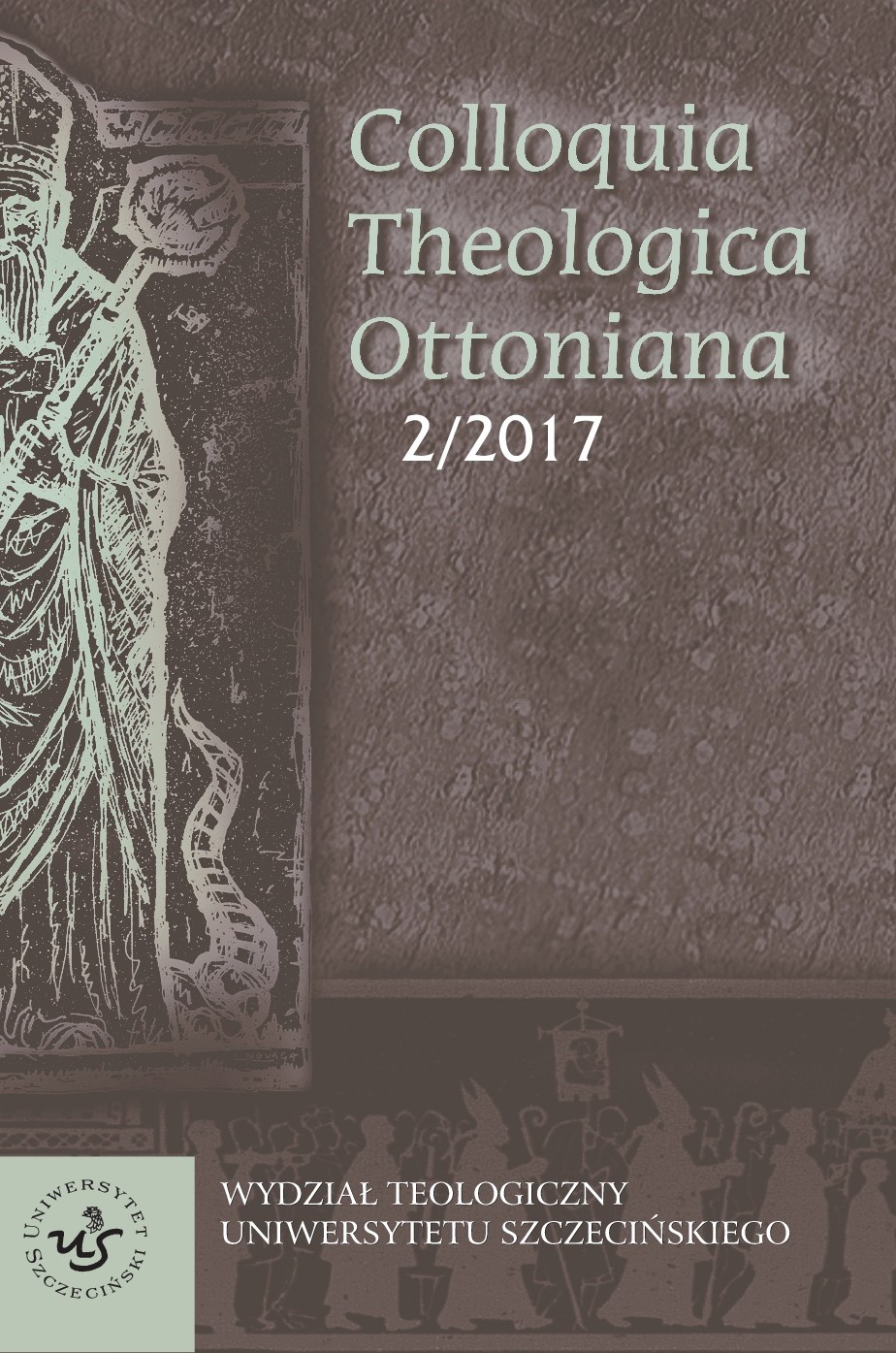Czy wytracenie oznacza wykluczenie?
Does dying mean exclusion?
Author(s): Mirosław RuckiSubject(s): Christian Theology and Religion, Theology and Religion
Published by: Wydawnictwo Naukowe Uniwersytetu Szczecińskiego
Keywords: cut off; exclusion; excommunication; Judaism; Talmud; Qumran
Summary/Abstract: The paper is discussing the translation of the Hebrew word תַרָּכ as ‘exclusion, excommunication’ in many Polish Bible translations. In the Hebrew Bible, this word appears 289 times, sometimes in the meaning of ‘to make a covenant’ (e.g. Genesis 26:28 where the animals are cut into halves and then the persons who make a covenant go between those halves), sometimes in the meaning of literal cutting (e.g. of trees), and sometimes in the meaning of extermination. In the paper, several Biblical contexts are emphasized, where the word תַרָּכ cannot be translated in other way than ‘cut off; killed.’ On the other hand, none of the Biblical contexts suggests anything different from the death. dditionally, the paper discusses the Biblical examples of the excommunication (exclusion), as well as rules of suspension of a Jew in his rights in the community found in the rabbinic Judaism and in the documents from Qumran. These exclusion rules do not contain the word תַרָּכ and do not correspond with the Biblical commandments where the kareth punishment is ordered. The conclusion is that translation of the word תַרָּכ as ‘exclusion, excommunication’ etc. does not refl ect the intention of the Biblical Author.
Journal: Colloquia Theologica Ottoniana
- Issue Year: 2017
- Issue No: 2
- Page Range: 179-195
- Page Count: 17
- Language: Polish

